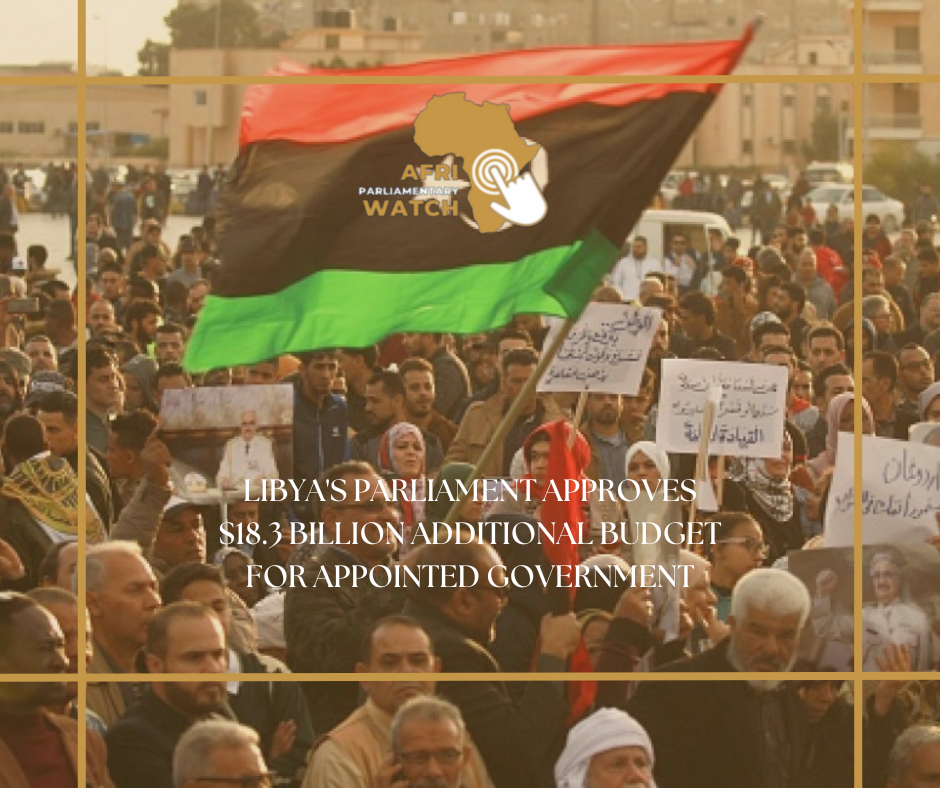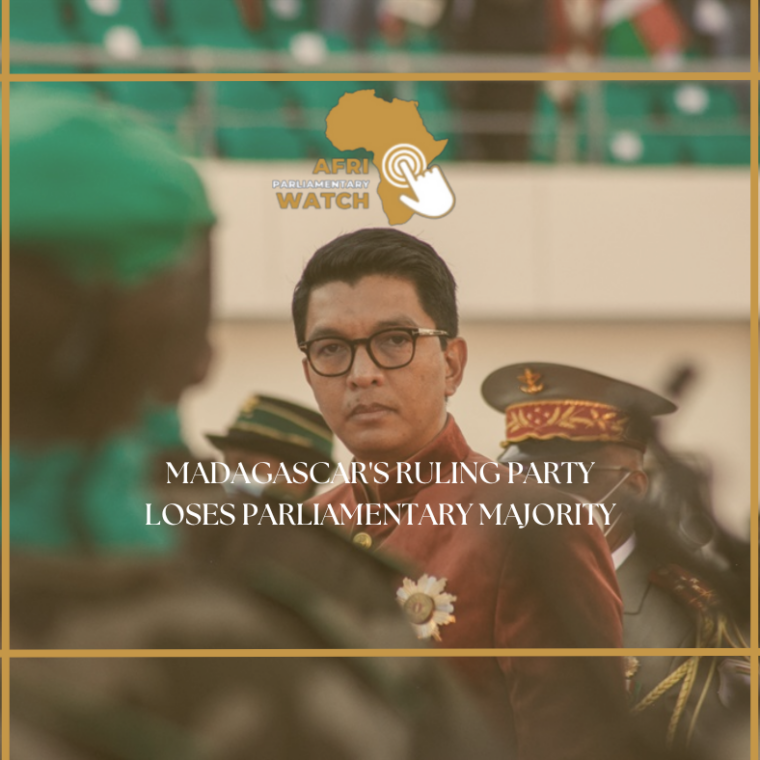On Wednesday, Libya’s eastern-based parliament approved an additional budget of 88 billion Libyan dinars ($18.3 billion) for the remainder of the year, according to parliamentary spokesman Abdullah Belhaiq. The decision was made unanimously during a closed session.
This new allocation supplements the 90 billion Libyan dinars budget approved by the House of Representatives (HoR) in April for the Benghazi-based government led by Osama Hamad, who took office in March 2023. Hamad’s government, aligned with military commander Khalifa Haftar, governs the eastern region and parts of the south of Libya.
Libya has been embroiled in conflict since the 2011 NATO-backed uprising that ousted Muammar Gaddafi. The country remains divided between the eastern government and the western Government of National Unity (GNU) based in Tripoli, led by interim Prime Minister Abdulhamid al-Dbeibah, who assumed office through a U.N.-backed process in 2021.
HoR member Saltana al-Mosmari noted a deficit in the initial budget, reporting that sectors and municipalities found the funds insufficient. The additional budget is intended to address this shortfall and support all Libyan territories.
HoR member Aisha Tublqi stated that the additional funds would be managed by the Central Bank of Libya (CBL). However, it remains uncertain whether Sadiq Kabir, the governor of the Tripoli-based CBL, will transfer the funds to Hamad’s government in Benghazi.
Three days ago, the CBL announced that Kabir and HoR speaker Aguila Saleh had met in Cairo to discuss the “steps taken to adopt a 2024 unified budget,” marking a rare meeting between the two parties.
The CBL is the only internationally recognized repository for Libya’s oil revenues, the country’s primary source of income. The bank had not provided immediate comment on Wednesday.
The ongoing dispute over government control, state revenues, and political solutions threatens to further fragment Libya and escalate conflict. In a recent Security Council briefing, U.N. Deputy Representative Stephanie Koury emphasized that unifying the national budget is crucial for stability.





